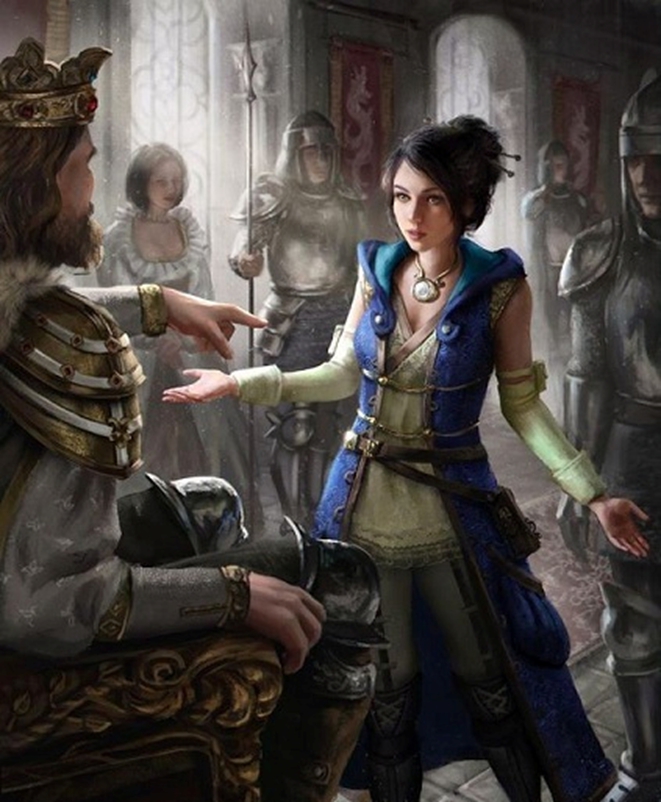
Welcome to Morning Pages — it’s time for a monthly roundup. I hope you’ve got your pencils sharpened and ready to write. Wanna join in on the fun? Read the prompt, set your timer* and get ready to let the words flow. Feel free to post the results of your work in the comments below where we chat about writing and (if the mood strikes us) get a craft discussion going.
If you want critique from other commenters, use #YESTHANKS in your comment. Otherwise, you can tell us about the flash fic and the process you went through to write it. And of course, I’m always open to hear what you think about my excerpts!
*you can write for as long as you want, but most folks choose 15-30 minutes.

What I learned this month: Wow, getting into a brand new character’s head is difficult.
I’ve started a new novel called Tombs of Glass, which at the moment I suspect will turn into a duology. It has three (possibly four) POV characters and the protagonist, Indra, is the most taciturn of the lot. Even after multiple free writes, her voice remains difficult to pin down. Difficult and changeable! She’s sounded completely different every time I’ve gone to write her.
Complicating matters, she starts off the book having recently experienced a significant tragedy. Her recalcitrance has made it difficult for me to convey not only what she’s going through, but the stakes for failure to the reader. It wasn’t all that long ago that I was complaining about the wordiness of anxious characters, and I take it back! I no longer want this change of pace!
I say that, but I don’t mean it. Writing Indra will expand my narrative skills, and I’m absolutely looking forward to seeing how her voice develops over the coming weeks. The closest I’ve come so far is in “Not My Problem,” the piece this post is named after. It’s linked below and unlocked on my Patreon — check it out!

The Prompts:
“Switchblade + Candle.”
“Not My Problem“: Indra takes care of her flock and doesn’t give a damn about the rest of them.
“Why is there a magic portal in the bathtub?”
It’s bad enough he’s hung over — now he needs to wrangle the space-time continuum?
“Why do the townsfolk fear you?”
“Because I can do what they can’t.”
“Such as?”
“Mind my own business, for one.”
Ackernar isn’t popular with the townsfolk.
“Five ways Character X didn’t find out that Characters Y and Z were together… and one way they did.”
Verne from the Oceana ‘verse is utterly oblivious.
“For the first time ever, he had the admiration of the one he most admired.”
“Admiration“: James doesn’t know what to do beneath the full focus of Maestro’s attention.
“I Remember You”
Indra from Tombs of Glass has a bone to pick.
“Watch”
In the most literal sense, sailors spend a lot of time watching their vessels.
“First Meetings”
Long-gone worldbuilding backstory from the Oceana ‘verse. Two legendary characters meet.
Picture Prompts

“Same Spirit Every Night“: Anya and El from Weaver meet a friendly ghost.

Get Involved!
Answer the prompts or dive straight in and respond to others’ comments — let’s share our knowledge, our experience, and have a discussion we can all learn from! Don’t want to miss a post? Subscribe to the blog in the sidebar to get notified about new posts.
Today’s questions:
- How do you find your characters’ voices?
- Are there any writing exercises in particular you like to do when you’re preparing to start writing?
Looking for more writing? Become a Patron!
In addition to extra flash fiction (at least once a week), my Patreon hosts my full-length novels, artwork, behind-the-scenes worldbuilding, and more. Click below to check out the tiers I offer and support the blog!














